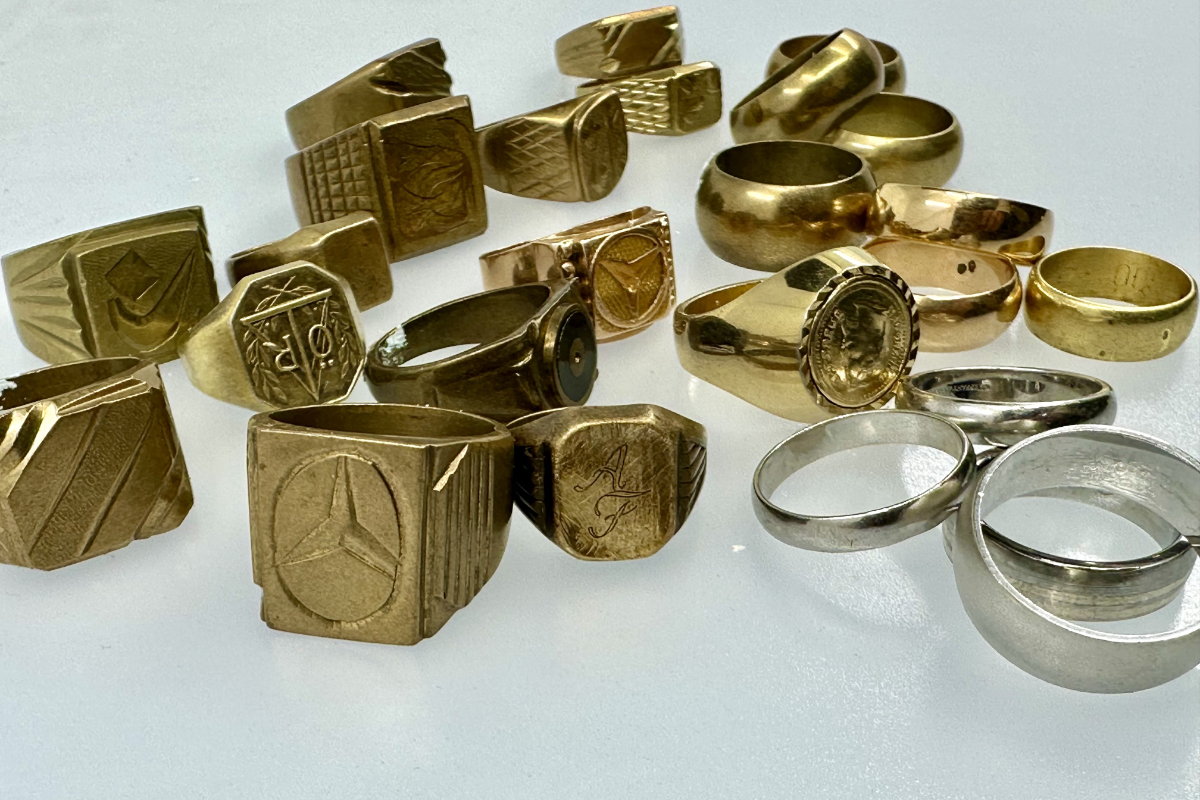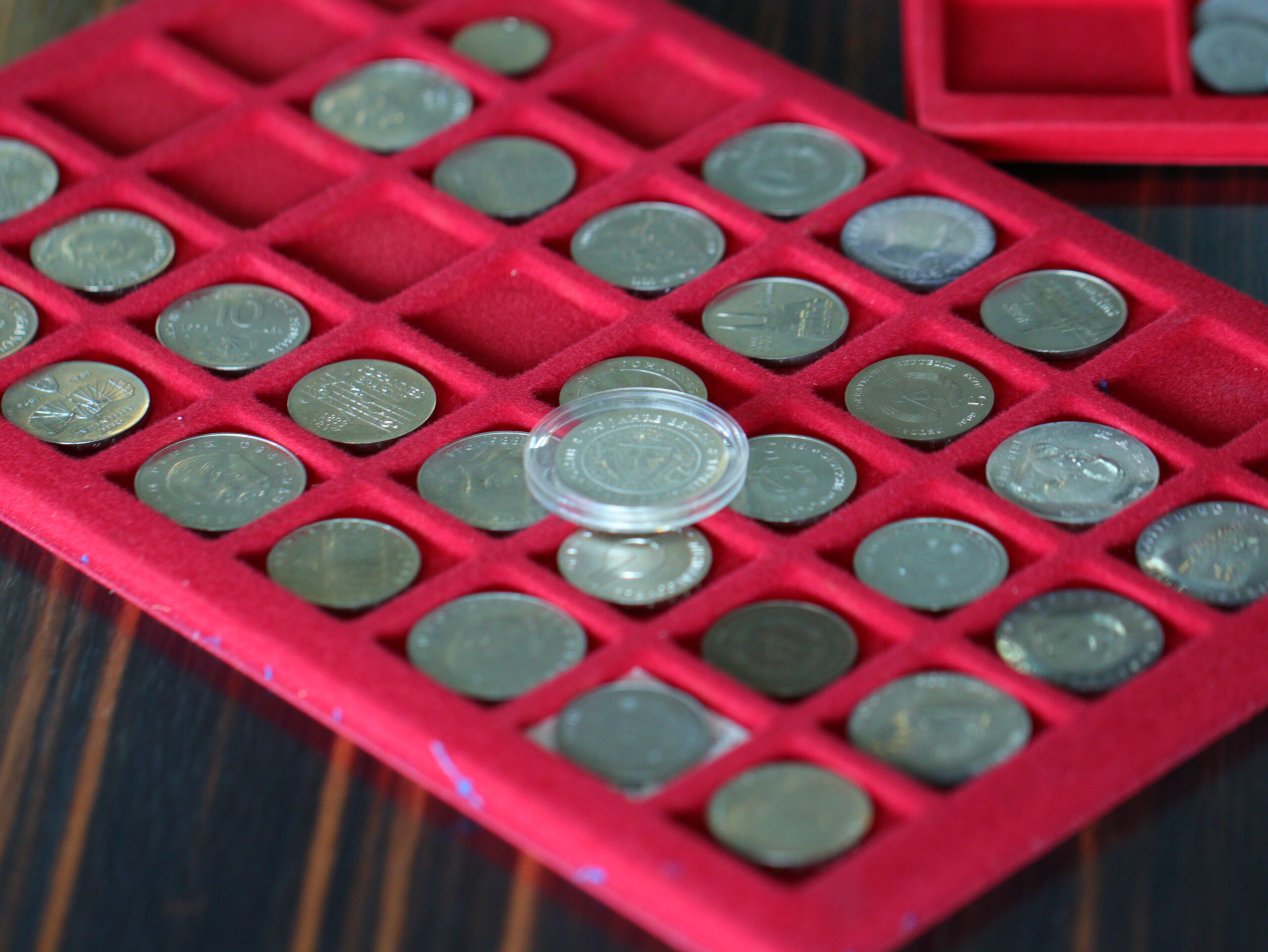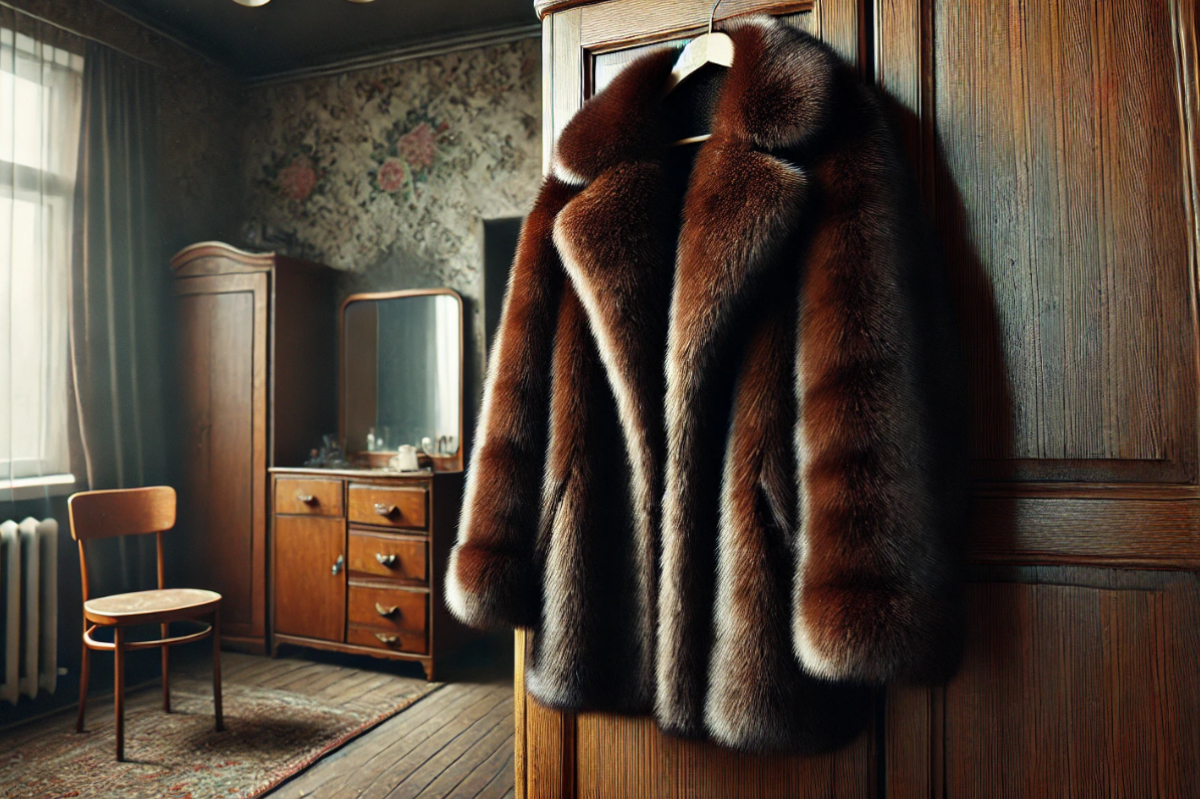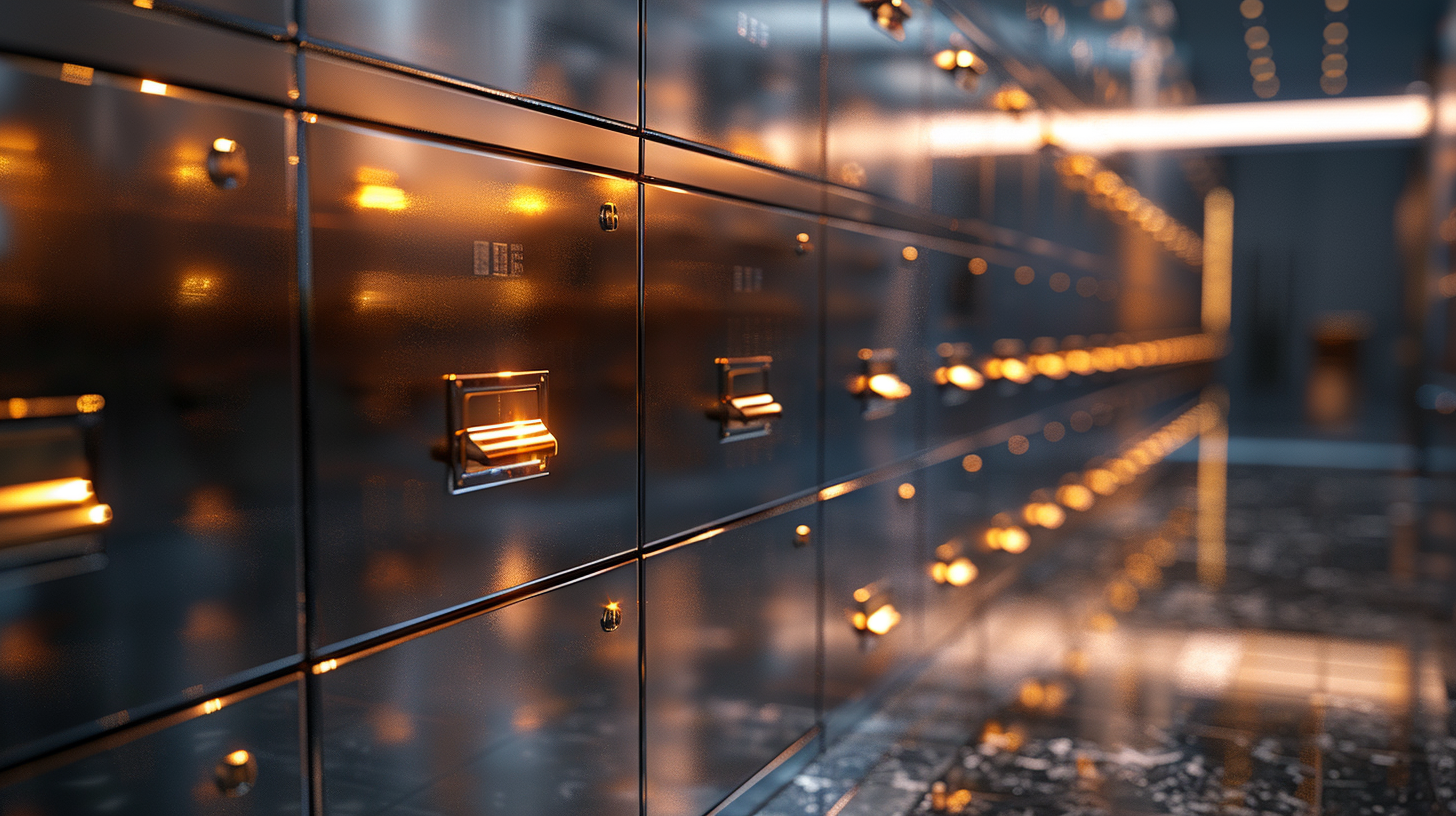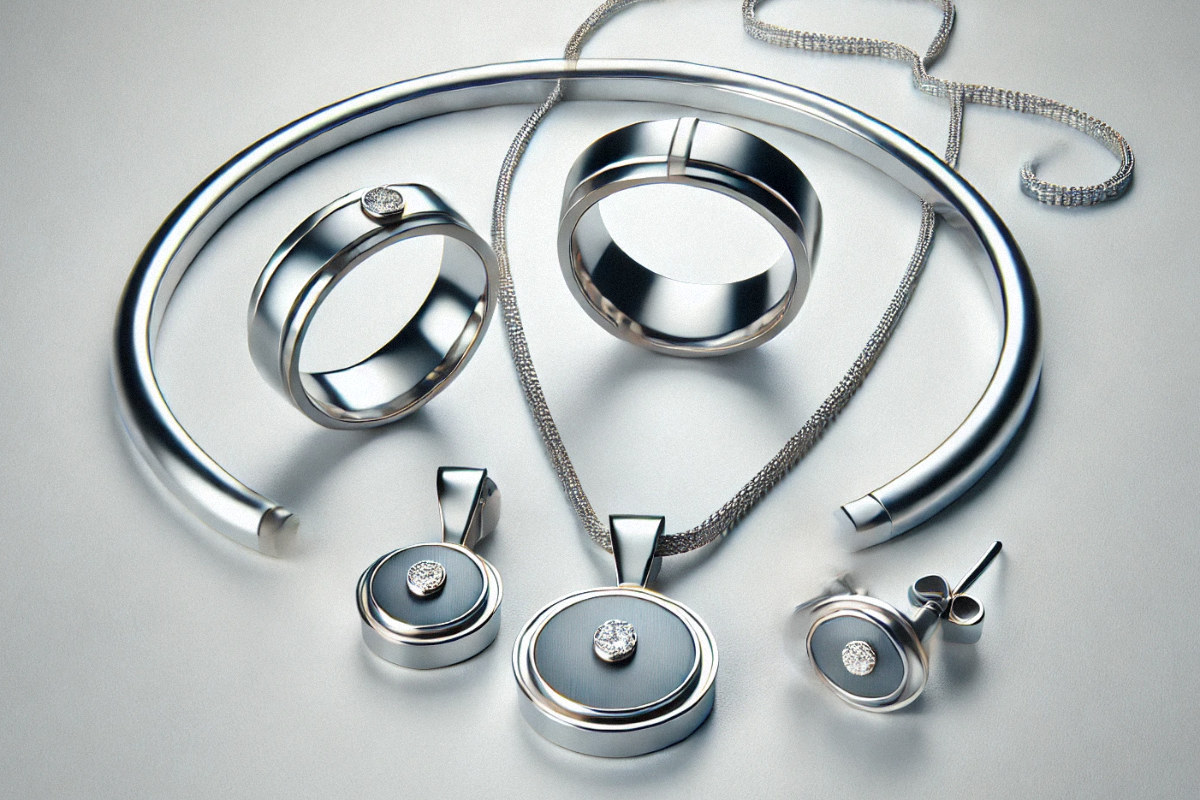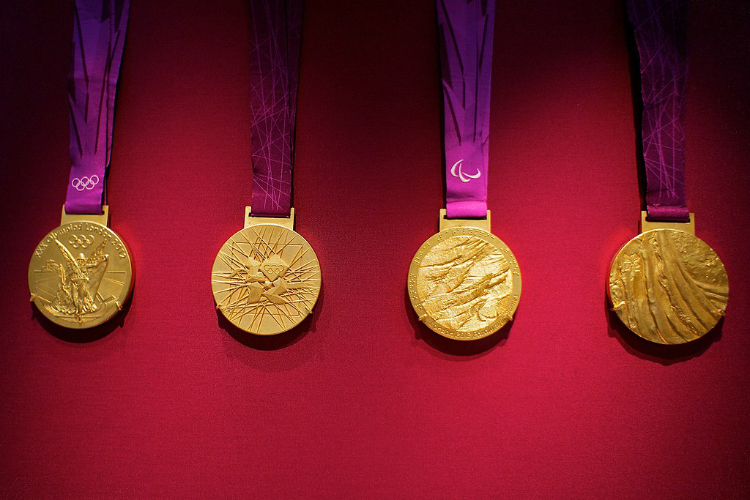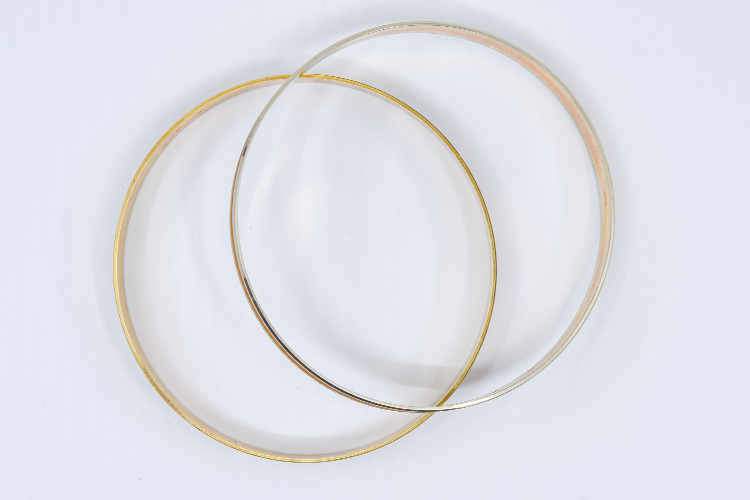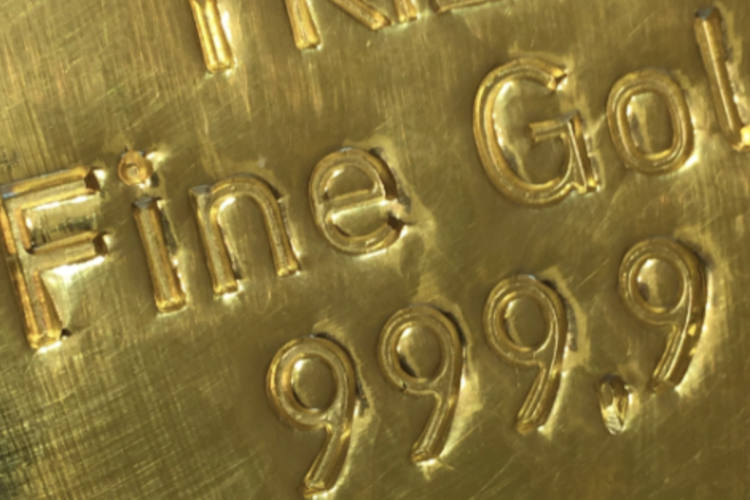
Pure gold is 24 carat - i.e. 24/24 parts gold by weight - and therefore has a fineness of 999.9‰ (999.9 parts per thousand). Some refineries and mints, such as the Royal Canadian Mint, even specify 999.99‰ ("five nine") as the fineness. However, any gold with a fineness of more than 99.9% is referred to as fine gold.
Due to its physical properties, pure gold is mainly used for investment gold, i.e. coins, bars or medals. This is because it is too soft for jewelry: 24-carat gold jewelry would scratch very easily.
24 carat & 999 gold: two designations for pure gold
Both 24 carat and 999 denote a fine gold alloy with the highest possible gold content. This means 999 gold corresponds to 24 carat gold.
The specification in carats is more historical and is now only used in connection with gold jewelry and watches. The unit of measurement carat indicates the gold content of an alloy in 1/24 parts.
The indication of the fineness of a gold alloy in parts per thousand (per mille) is now required by law in the jewelry sector and the fineness is also becoming more and more accepted in linguistic usage as opposed to the carat designation. In the case of investment gold, the fineness is usually only given in fines.
999.9 fine gold as an investment
If you want to buy pure gold, you can choose from a wide range of bullion coins and bars. All renowned bar manufacturers produce gold bars exclusively from 999.9‰ fine gold. This fineness has become the standard, even if a fineness of 995‰ would be sufficient for LBM certification. In any case, we recommend gold bars from an LBMA Good Delivery manufacturer.
There is a large selection of fine gold bullion coins. We recommend the common bullion coins, above all the Mapfe Leaf and Vienna Philharmonic coins, which have a gold content of 999.9‰.
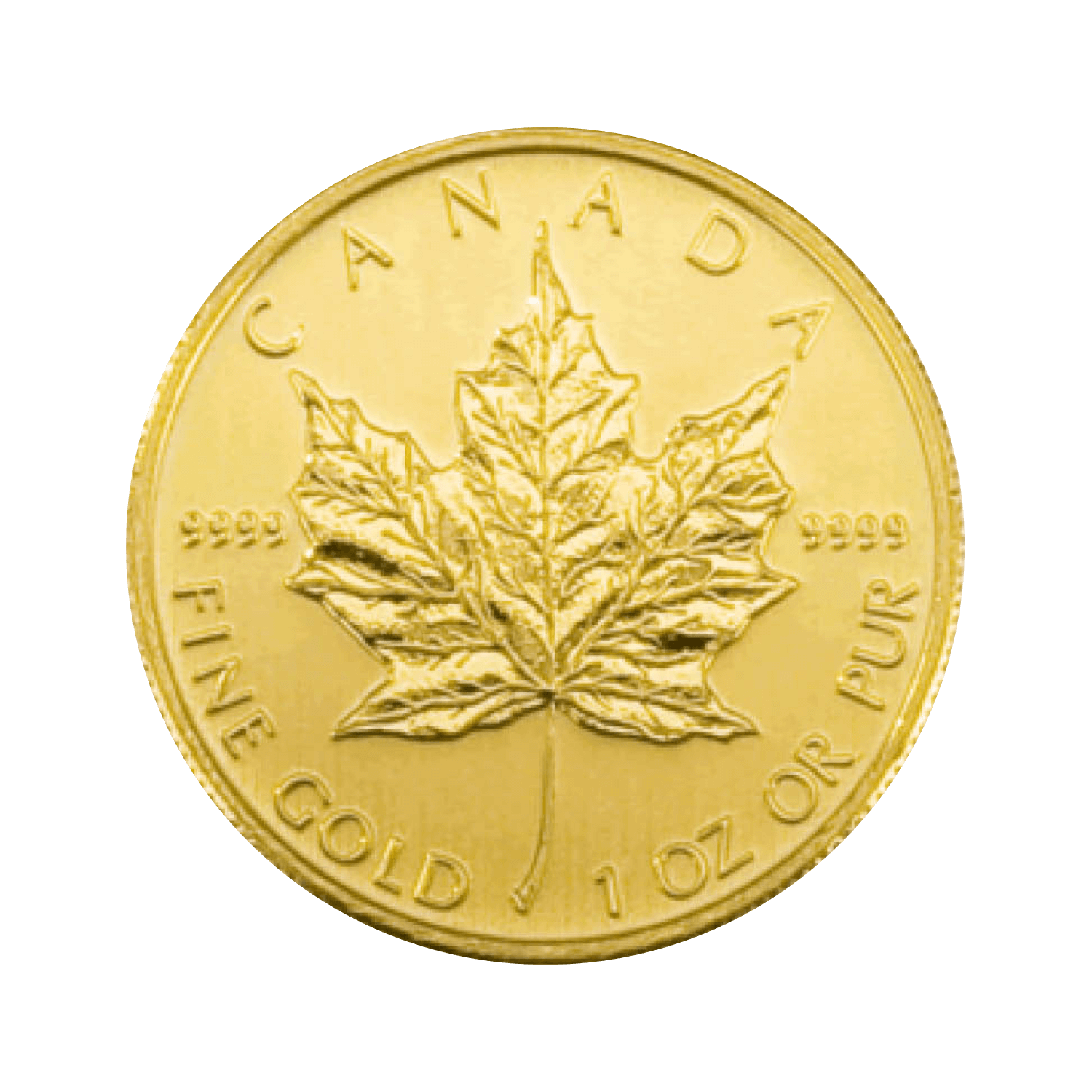
Not all investment gold coins are made of pure gold. Many well-known gold coins are made of a gold alloy with a lower gold content: Austrian ducats have a gold content of 98.6%, while the Krugerrand coin only has a gold content of 91.6%.
24 carat jewelry made from pure gold
Gold is a relatively soft metal. Pure fine gold would be far too unstable for jewelry, which is why the precious metal for gold jewelry is always alloyed with other metals such as copper or silver.
Gold jewelry is therefore rarely made from pure gold, but almost always from a gold alloy.
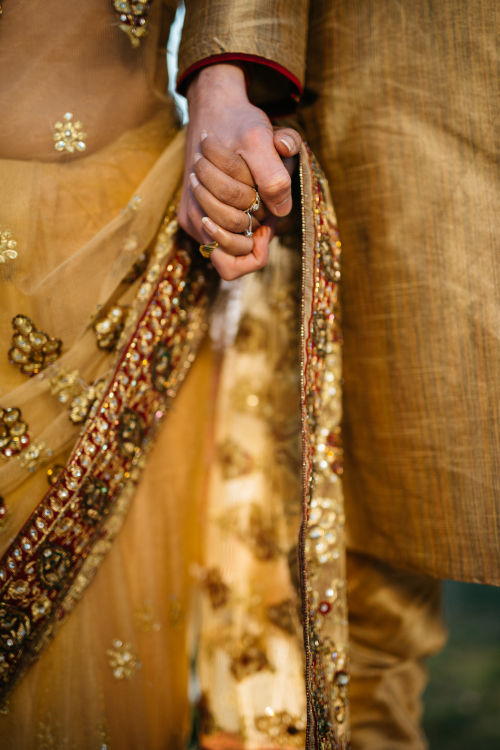
High-quality jewelry is usually made of 18 carat (750) gold, but the most common alloy in the jewelry sector is 14 carat or 585 gold. Depending on the metals added, there are different color variations from rich yellow gold to red gold and white gold. The cheaper 333 gold jewelry only has a gold content of 33.3% and may not be sold in Austria under the name "gold jewelry".
Only in India and the Arab world is jewelry with higher carat numbers common. Even 24-carat gold jewelry is produced there, but this is usually only worn on the wedding day and is intended as a dowry or financial security.
Gold price: How much is 24 carat gold worth?
The price for pieces of 24 carat gold or fine gold with a purity of 999.9‰ is based on the LBMA Gold Price of the London Bullion Market Association. Currently, 1 ounce of fine gold is traded there at the following price
LBMA Gold Spot
Current spot price on the world market (price per troy ounce)
Current spot price on the world market (price per troy ounce)
Preise zuletzt aktualisiert am 01. May 2025, 06:42 Uhr
Because, in addition to the pure material value, costs for production and manufacturing as well as melting and recycling costs must also be factored into the prices ("premium"), the prices of specific coins, bars and old gold alloys at gold dealers always deviate somewhat from the general gold price.
All reputable dealers and banks list specific buying and selling prices for common 999 gold products. The smaller the denomination, the higher the premiums. You can find all current prices for buying and selling pure gold bullion coins and bars at Gold & Co in our precious metal price overview.

